The brainchild of Sophie Cousteau (Captain Cousteau’s granddaughter) her husband Fritz Neumeyer and scientist Carlos Duarte, Oceans 2050 is an NGO with one succinct goal: bring back marine life abundance to our oceans in the next 30 years. In order to achieve this, Carlos Duarte and his team have identified 5 key pillars the foundation is focusing its efforts on:
Ocean forests
Ocean afforestation (the process of planting new marine plants) offers extraordinary potential. The reason? plants are able to catch carbon dioxide, provide habitat for marine life, reverse the acidification of the ocean (which leads to coral death amongst other issues), enhance coastal climate resilience and restore depleted fish stocks.
Oceans 2050 aims to create an ocean afforestation system that can be easily reproduced by local communities worldwide.
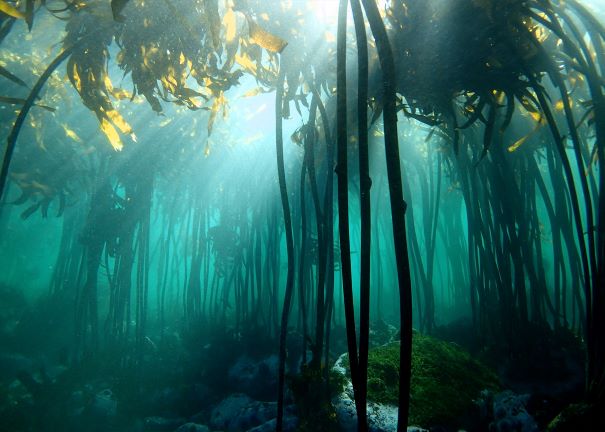
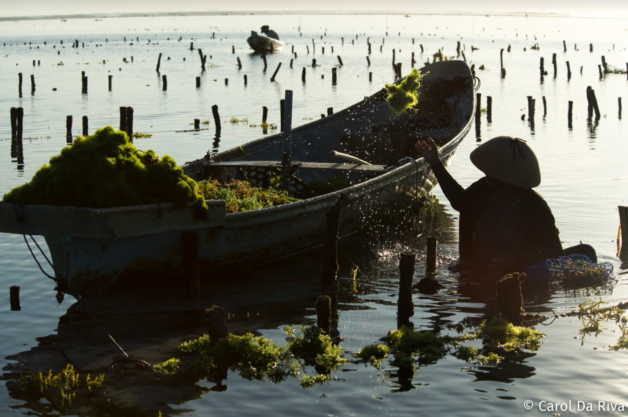
Regenerative ocean farming
This is a way of farming the sea that is restorative to the marine environment and provides livelihoods to local communities at the same time. Seaweed farms have the potential to create millions of profitable businesses while providing raw material for the plastic, food, fuel and cosmetic industries. The best part? These ocean farms promise to be more sustainable than even the most environmentally conscious land farm as they require no fresh water, no deforestation and no fertilizer!
The future of seafood
Through a trifecta of science-based policies, engaged citizens and new technologies the foundation hopes to eradicate piracy, advance fishing traceability and transparency, rebuild biodiversity in the ocean and provide healthier seafood options for consumers.
When we know that three billion people around the world are reliant on seafood as their primary source of protein, this could be life changing for many communities.
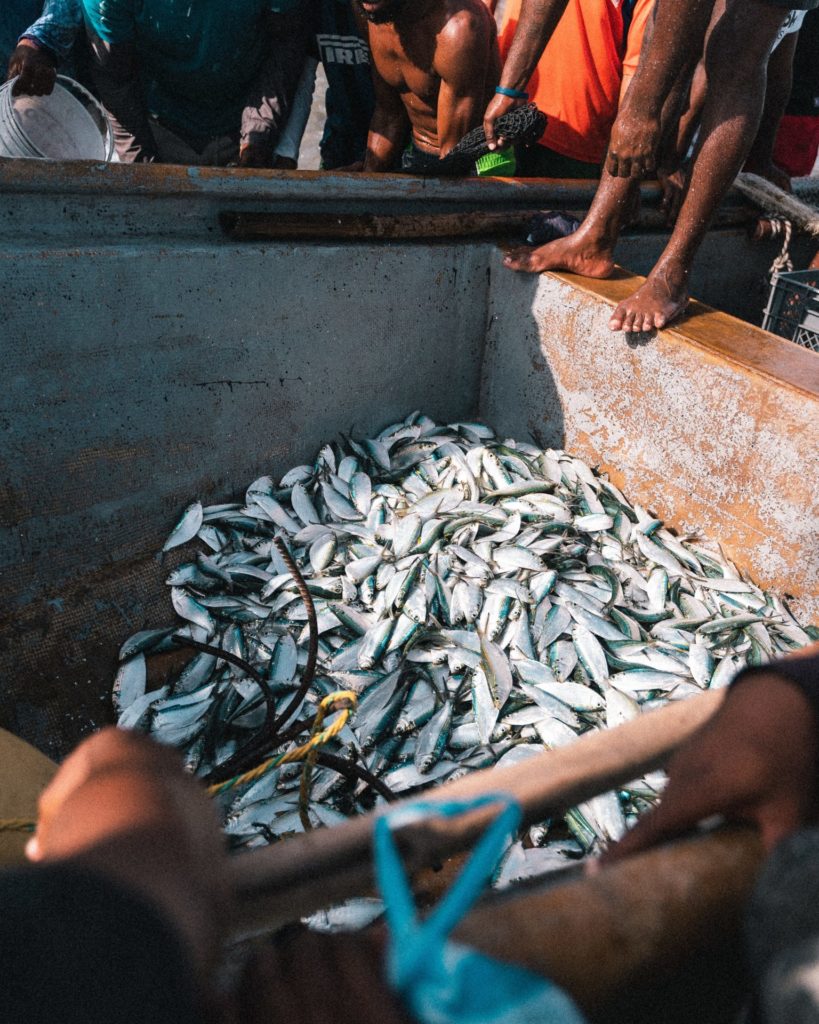
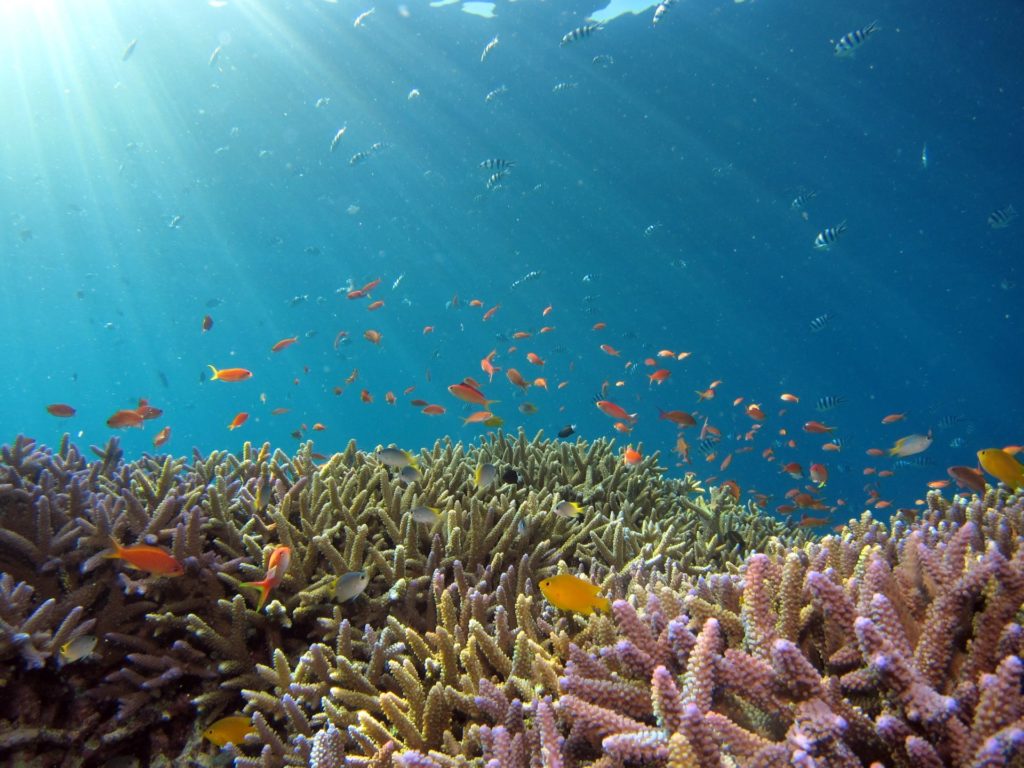
Coral reefs
Coral reefs are one of the most important biodiversity hotspots on our planet and are key to maintain a vibrant and diverse ocean life. Countless human communities around the globe rely on them indirectly as a source of food security, jobs and tourism; they also offer protection from storms, climate change and erosion, and even contribute to the development of medicines. Currently one quarter of the world’s coral reefs are damaged beyond repair with another two-thirds under serious threat as a direct result of human activity and climate change, regenerating and protecting coral reefs will be a key challenge in coming years.
Blue Carbon
Did you know that the ocean absorbs ¼ of all carbon dioxide emissions? This process called blue carbon is achieved through the hard work of ocean ecosystems such as mangroves, salt marshes, seagrass, ocean forests and seaweed farms. Oceans 2050 is trying to scale up blue carbon solutions that are restorative to the oceans and support its ability to catch and store carbon dioxide.
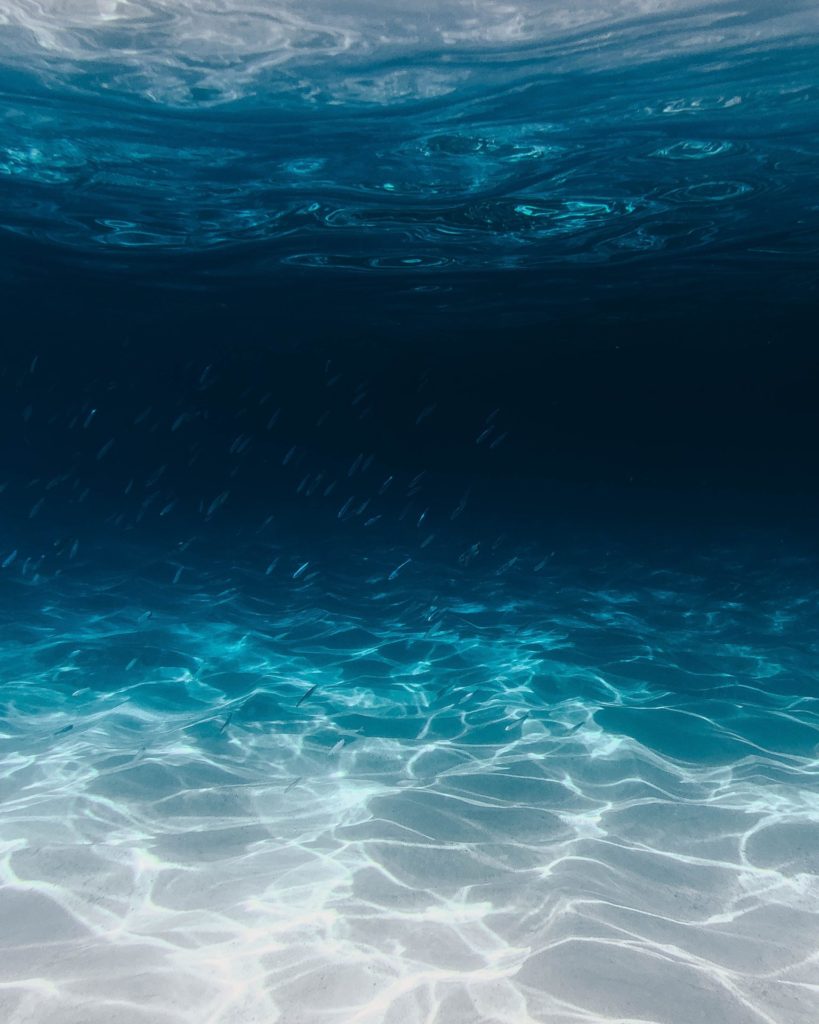
To learn more about Oceans 2050 visit http://www.oceans2050.com











